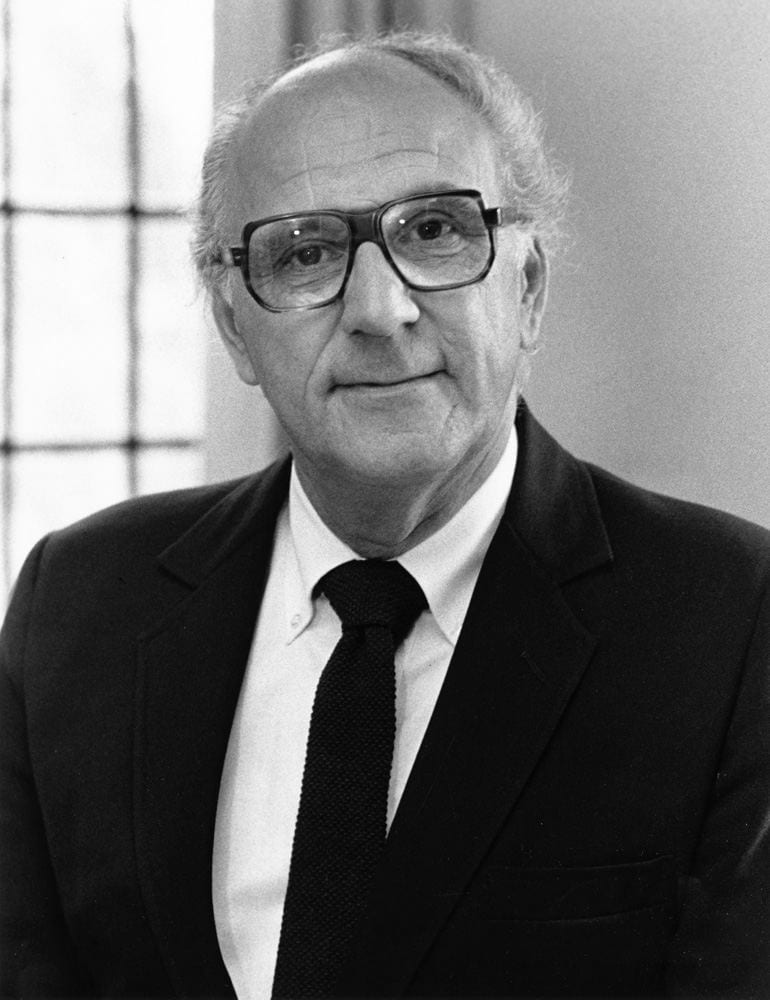
Remembering Dan Lortie
It is with sadness that we report that Dan C. Lortie, Professor Emeritus, passed away on Tuesday, May 5, 2020, at the age of 94. Dan Lortie’s academic career was dedicated to understanding the work people do in the pursuit of their occupations. Early in his career he investigated the activities of anesthetists and lawyers, but most of his time in the Department of Education at the University of Chicago was spent exploring the work lives of teachers and school principals. As a sociologist, Lortie worked in the research traditions of the Chicago school associated with Robert E. Park, Ernest W. Burgess, and especially Everett C. Hughes. Hughes was an inspiration to many esteemed sociologists—among them Erving Goffman, Eliot Freidson, Howard Becker, and others—all of whom employed qualitative methods to explore the nature of occupations and what their members did in their work lives. Lortie belongs in that company.
Lortie’s academic career was dedicated to understanding the work people do in the pursuit of their occupations, specifically teachers and school principals. He presented an analysis of the work by examining elements of teacher training, the career line, the vulnerability of teachers given their uncodified techniques for providing instruction to collectively assembled pupils, the authority structure of schools, and their collegiality and isolation, among other issues. His manuscript, Schoolteacher: A Sociological Study, published in 1975 by The University of Chicago Press, is regarded as the best social portrait of the profession since Willard Waller’s The Sociology of Teaching. Schoolteacher was reprinted in 2002, a clear indication of its continuing import.
In addition to his scholarly contributions, Professor Lortie supported the learning and growth of a large number of researchers, professors, future Deans, and school administrators who themselves have added to the knowledge base of educational leadership, school organizations, and the development of principals. His classes were conceptually rich and engaging, and he pressed students to think deeply and theoretically about the course topics and ideas.
